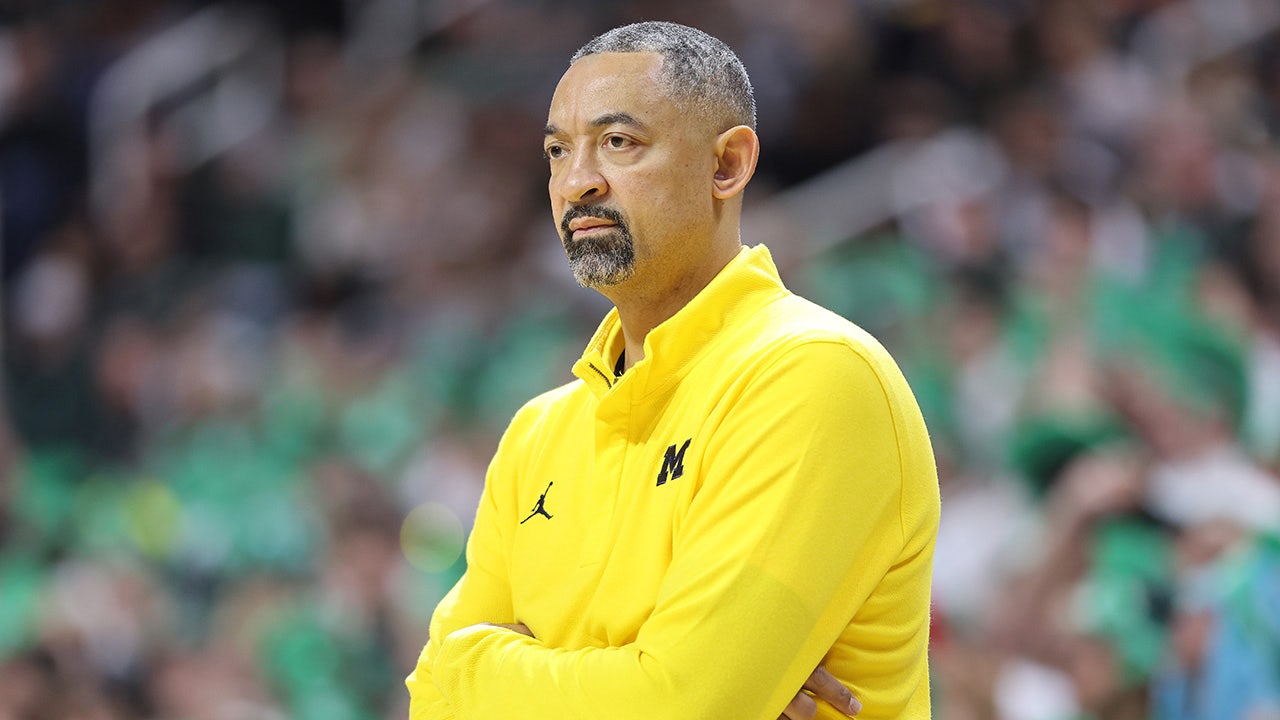Neither Paris F.C. nor St.-Étienne will have much reason to remember the game fondly. There was, really, precious little to remember at all: no goals, few shots, little drama — a drab, rain-sodden stalemate between the French capital’s third-most successful soccer team and the country’s sleepiest giant.
That was on the field. Off it, the 17,000 or so fans in attendance can consider themselves part of a philosophical exercise that might play a role in shaping the future of the world’s most popular sport.
Last November, Paris F.C. became home to an unlikely revolution by announcing that it was doing away with ticket prices for the rest of the season. There were a couple of exceptions: a nominal fee for fans supporting the visiting team, and market rates for those using hospitality suites.
Everyone else, however, could come to the Stade Charléty — the compact stadium that Paris F.C. rents from the city government — free.
In doing so, the club began what amounts to a live-action experiment examining some of the most profound issues affecting sports in the digital age: the relationship between cost and value; the connection between fans and their local teams; and, most important, what it is to attend an event at a time when sports are just another arm of the entertainment industry.
At Paris F.C., the thinking was more pragmatic than high-minded. Parisian soccer is dominated by Paris St.-Germain, nowadays France’s perennial champion. Paris F.C., on the other hand, is an unremarkable second-division side playing in a rented home, its history not even a match for Red Star, traditionally the city’s second team.
By opening its doors, the club believed it might lift attendances, attract families and nurture some long-term loyalty. But it was just as concerned with telling people it was there. “It was a kind of marketing strategy,” Fabrice Herrault, the club’s general manager, said.
“We have to be different to stand out in Greater Paris,” he noted. “It was a good opportunity to talk about Paris F.C.”
Months later, most metrics suggest the gambit has worked. Crowds are up by more than a third. Games held at times appealing for school-age children have been the best attended, indicating that the club is succeeding in attracting a younger demographic.
Paris F.C.’s tickets were never desperately expensive — Aymeric Pinto, a fan who has been attending for a decade, said that attendees had been paying the equivalent of only about $6, but abolishing even that shallow barrier has made a noticeable difference.
The game against St.-Étienne attracted about 17,000 (mostly) nonpaying spectators. That figure was a high-water mark for the experiment but also a little misleading: In the 1970s, St.-Étienne was France’s pre-eminent team, and it has the sizable fan base to match.
Inside the stadium, the number of green St.-Étienne jerseys betrayed that fact. Even in areas nominally reserved for home fans, it was obvious that many had come to support the visitors. “Look around,” said Thomas Ferrier, his St.-Étienne shirt just visible beneath his raincoat. “The whole place is green.”
Still, for Paris F.C., the overall pattern has been encouraging. The free-ticket strategy will cost the club about $1 million — a combination of lost revenue and added spending on security and staff — but the company line, and supporters’ feedback, is that it has been worth it.
“It’s a good thing for the club,” Mr. Pinto said. “It’s hard to attract a crowd in Paris.”
The positive results align with the experience of Fortuna Düsseldorf, a German second-division club that pioneered the free-ticket approach. Last year, Fortuna announced that it would allow fans into a handful of games for free, the start of a five-year pilot program — financed by sponsorship agreements — that could lead to the abolition of ticket fees altogether.
Fortuna has already staged two of the three free games it planned for the pilot phase. For the first, the club said it received so many requests it could have filled its 52,000-seat stadium twice. For the second, it could have done so three times. More significant, though, is the impact outside of those games.
“Our average attendance has gone from 27,000 to 33,000,” said Alexander Jobst, the club’s chief executive. “Our merchandise sales are up by 50 percent. Our sponsorship revenue is up 50 percent. We have reached a record number of club members.”
Correlation, of course, is not causation — “It is hard to link it with absolute certainty to the free games,” Mr. Jobst said — but there is no other particularly compelling explanation. Fortuna traditionally bounces around between Germany’s first and second tiers; it retains hope of winning promotion this season. Yet it is attracting more fans than when it won the second division with ease in 2018.
Fortuna’s rationale was more ideological than Paris F.C.’s. Like all German soccer teams, Fortuna is owned by its members, and the club saw allowing fans in for free as a way to deepen its connection to its city and to ensure that nobody was priced out of attending a game.
But that does not mean there was not a quid pro quo at play, too. Fortuna also rents its city-owned stadium. The club’s hope was that, by embarking on what it saw as a distinctly “social concept,” it might persuade the local government to spend a little money updating the facility.
While both initiatives, then, have their roots in cold economics — and while both clubs say the schemes should not be read as blueprints for the future of sports more broadly — they have both served as petri dishes for more profound issues.
The most obvious is the extent to which the cost of an item affects its intrinsic worth. In the context of sports, that has always boiled down to the assumption that fans are more likely to turn up to an event if they have already paid to go, and more likely still if they have paid a meaningful amount. Tickets that cost nothing, by contrast, are inherently disposable.
Fortuna Düsseldorf has not found that to be an issue. “We had fewer no-shows with the free games than we do with normal ones,” Mr. Jobst said.
The picture in Paris is more complex. “Among fans, we talk a lot about the ‘free ticket effect,’” said Rayan Benabderrahmane, a relatively new Paris F.C. fan who recanted his loyalty to Paris St.-Germain a couple of years ago.
“You see people arriving late, leaving early, or sometimes not coming at all,” he noted. “A lot of people do think it isn’t really their club, and they haven’t paid, so if the weather is bad, it doesn’t matter.”
The more significant question may be how the fans watching a game inside a stadium should be categorized. Are they observers of a spectacle, and therefore required to pay for the privilege? Or is it time to change that categorization: Are fans, the ones watching in the stadium, actually part of the production?
Soccer — like all sports — is now largely a television business. Teams are financed by money from broadcasting deals. Start times are rearranged to suit television viewers. Referees’ decisions are reviewed by officials in a remote studio.
And if soccer is now content, then part of that content — the chorus, the texture, the soundtrack, the spectacle — is provided by the fans.
“Since the pandemic, there has been a growing awareness of the role of spectators in the ‘production’ of sporting events,” said Luc Arrondel, a professor at the Paris School of Economics. He pointed out that there was broad consensus in academic literature that home-field advantage is real, and that the single most salient factor in its existence is the effect of a partisan crowd.
But soccer’s metamorphosis into a televisual event gives fans a financial role, too, Professor Arrondel said. “The presence of supporters in the stadium increases the desirability of the television product, and therefore, possibly, the value of television rights,” he noted.
The case could be made, then, that clubs should go even further than Paris F.C. and Fortuna Düsseldorf have done. According to a paper coauthored by Professor Arrondel, in some cases — for teams receiving a certain amount of commercial and broadcast income — there is an argument for incentivizing the presence of the most ardent fans: not just allowing them in free, but possibly even paying them to attend.
As things stand, that remains some way off. Fortuna’s project remains in a trial phase. Paris F.C. will “take stock” of its policy at the end of the season, Mr. Herrault said. That review will not, most likely, feature even the slightest detail of what happened on the field against St.-Étienne. The size of the crowd that saw the game, though, all of those extras in the production, may well have ramifications beyond the Stade Charléty.






